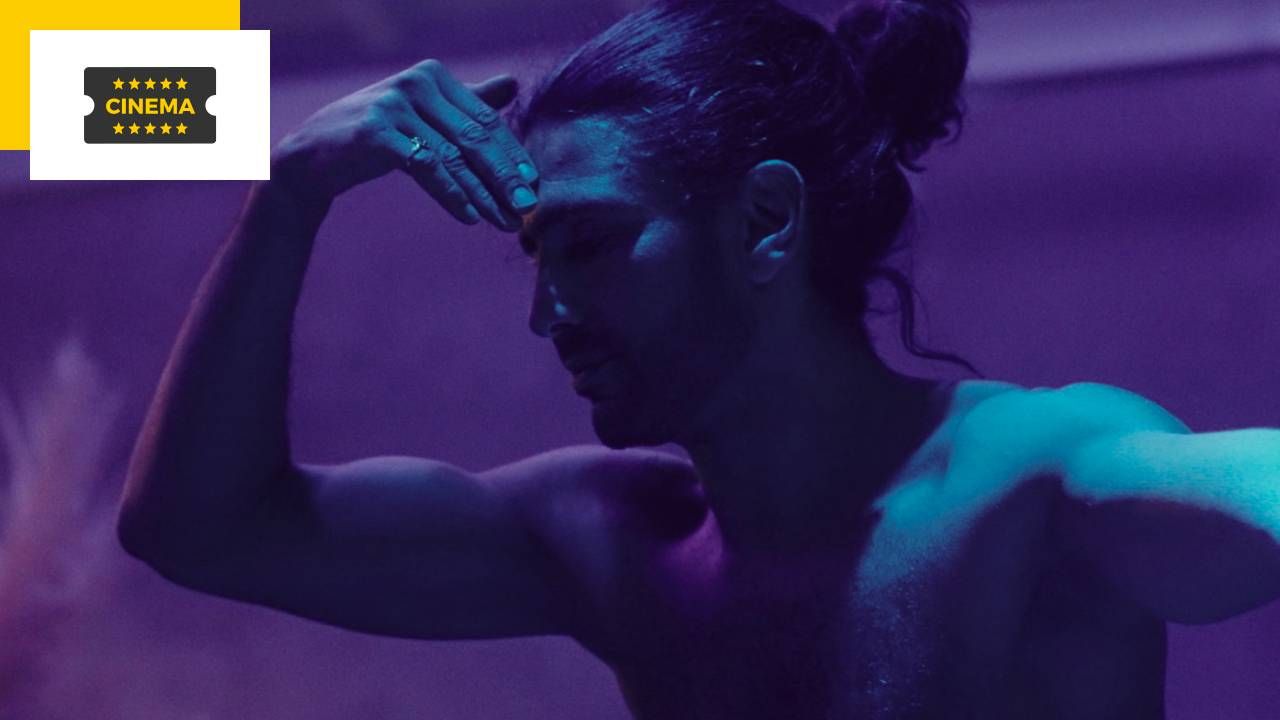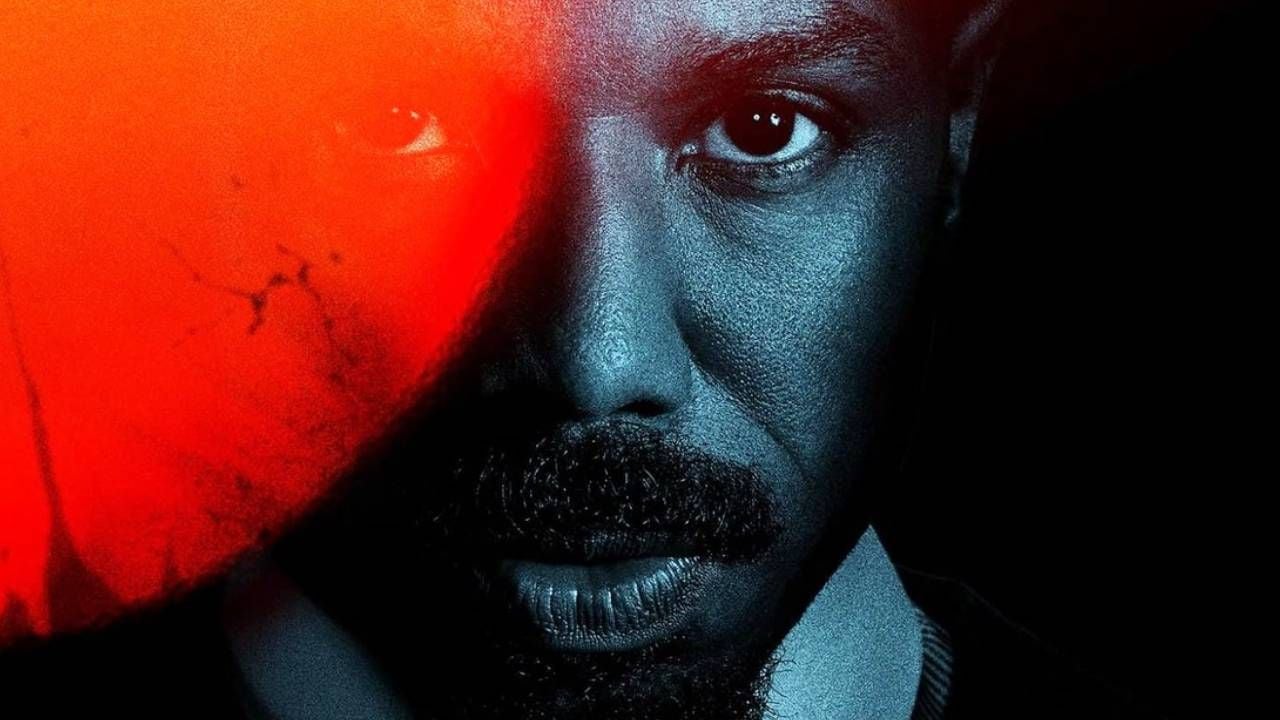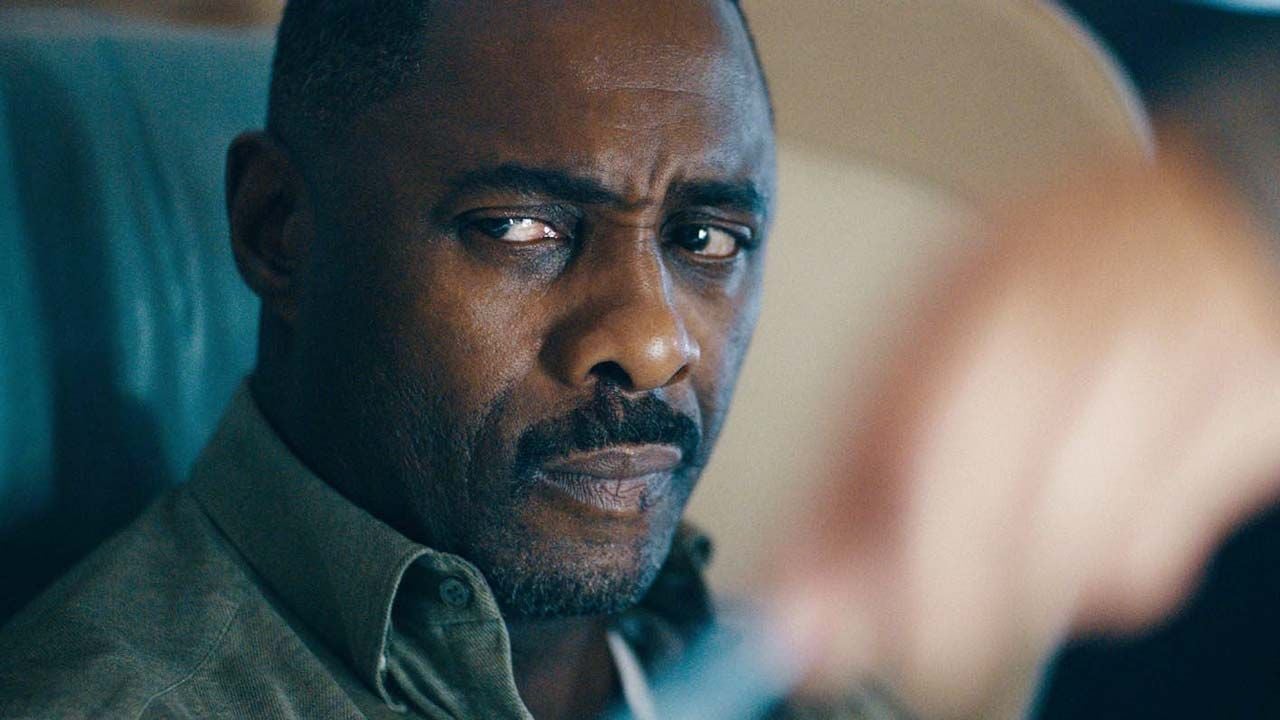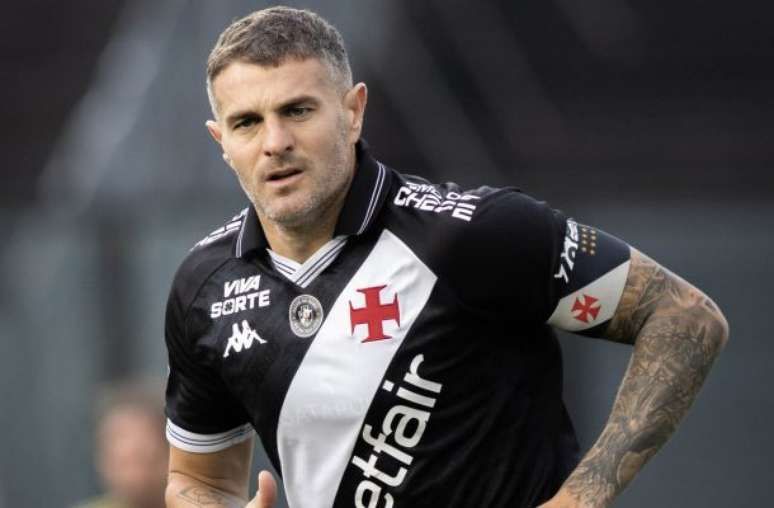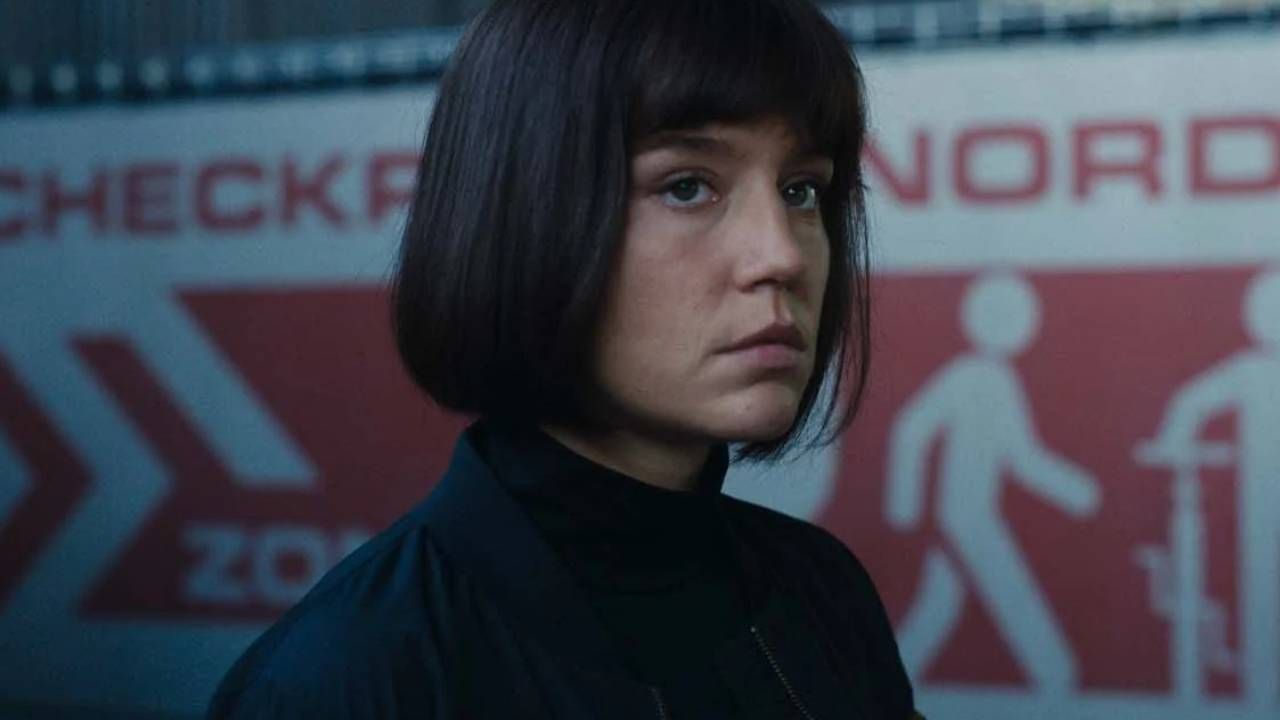What is it about?
After crossing the desert in his career as an actor, Yazid finally sees the end of the tunnel. For six months sober, Phizeli must show his new fiancée and Hassan, his 16-year-old son, that he is now another person who has regained his taste for life. But in a few days old demons reappear and with them memories of his childhood in Algeria.
This is a cinema that rarely leaves one indifferent and in any case creates strong anticipation: the films of Abdellatif Kechiche. Since his Palme d’Or 10 years ago for La Vie d’Adèle, each of the filmmaker’s films with a sulphurous reputation has been scrutinized and the subject of speculation about a likely release. An example of the famous Mektoub My Love Intermezzo is well known: after more than 4 years, we are still following the news of this film, which has become invisible.
So, for the most impatient and the most avid fans of the director’s work, we have to watch a generation of actors follow in the director’s footsteps. There was the already notable work of Hafsia Hertz, notably You deserve un love, and today, Salim Kechiouche, L’Enfant du paradis. Salim Kechiuche starred in many of Kechiche’s films, including the Mektoub series. We can clearly feel the filmmaker’s mark on his work.
These films have in common a taste of freedom and an urgent production that gives a special energy to the film. A very personal film that we were able to talk about openly with the team at the very first presentation of the film at the Angoulême Film Festival de la Francophonie.
AlloCiné: Can you tell us about the genesis and making of this film, for which we feel there was a strong energy between you?
Salim Kechiush, director, screenwriter, actor: It’s a very small team, a bit like a commando, which was going to merge in Paris and elsewhere. Specifically, we went to shoot in Toulon. I wanted actors that I liked, that I admired, that I respected and that I wanted. I called them. I told them, “Look, I have a project called L’Enfant du paradis.” We talked a lot before when we prepared the roles.
There was urgency, but there was also freedom, which was an extraordinary luxury that I wanted for my actors, for myself. As an actor, I always dreamed of this. There was still a lot of work before that and a lot of commitment from Nora Arneseder, Kevin Michel, Naidra Ayadi, Salif Cisse, all the actors… We worked hard before to have that freedom on the set and to say. Let’s “let go” of each other now. We follow the structure of the script, but at the same time, we can go off track, go back, take steps. So urgent, yes, but preparation.
Nora Arnezeder, actress: You can’t do improv without real work behind it. There was already a script that was very good, very solid, with real structure. I have always dreamed of making such a film. I prayed every day to make such a film.
Kevin Michell, you have an acting background in Divines, perhaps less commando than that film, but which also had this somewhat family-like and very personal approach…
I see the comparison. Every director will often tell you that they get inspiration from their own life, moments, etc. In L’Enfant du paradis I felt sincerity, history, past. There are these archives.
There is something that is very powerful to me that makes this film very attractive and beautiful. And Salim might say it better than us, but it’s also a tribute to a friend gone too soon. This is respect for the family. It is a mixture of all these. There are a lot of really strong things about this movie.
Nora Arnezeder and Salim Kechiuche
Nora Arnezeder: This movie really touched me and made me want to call my mom and give her a hug.
Salim Kecioche: You make me cry… I needed to make this film with my family. I really feel like I’m letting myself down, and at one point, I asked myself if I was being usurious or not. I really thought about it. I said to myself, “Do I do it, do I or don’t I?”
The film contains archival footage. I really made this movie as a family, really. This is not a caricature, this is really my cinema family and I want to see them again, do something with them, go on vacation with them. This is really my family and we are going to make movies together. Did we tell each other that?
Nora Arnezeder: I told him “You can’t make a movie without me”!
This is a movie dedicated to the actress you befriended (Yasmin Belmadi, Lost in a car accident in 2009 and which we can see in Adieu Gary in the editor’s note) and hence the title, I think…
Children of Paradise was one of his favorite movies. The title also resonated with the actor, who comes from a humble background. Paradise in the theater is a place where modest people come to watch plays. We call it heaven.
It’s a great title and makes sense with his death. I wanted to start with death. We know in advance that it is condemned. How he holds on to the past, his arrogance, what he works on from within. He has everything to succeed, everything to get there and he can’t. Sometimes life is like that. Life is unfair. And it affected me in relation to my friend. I wanted to say. I had to show it.
Where do these archival images we see in the film come from?
These are pictures from a camera that my father bought in the 90s, I had fun making little movies, parodies. I did a little editing, I was fascinated by the image. My father photographed my mother because she was about to die. I had these images and I wanted to actually put the animation into the film. I had written the animated image scenes. And subconsciously I realized that I had this in mind in the archive. I told my editors that I had it. We started working on it and it gives us the past, the nostalgia, the reality.
Going back a bit to your shoot, I was wondering if you had in mind a director like Abdellatif Kechiche, who you worked with a lot?
We didn’t have the same amount of time to shoot. We did 20 days. We are shooting films with Abdel in four months! The real luxury in cinema is time, and we didn’t have it. Then, of course, it is an undeniable inspiration. I try to feed my actors as well. They inspired me a lot.
Abdelatif Kechiche was also an actor. Anyway, there is a feeling in the acting direction that is undeniable. I think every director, every director, should act before directing the actors, because sometimes it’s so distant, so impersonal… There are directors that I adore, but they’re very technical.
And to continue talking about Abdellatif Kechiche, for example Mektub, my love, we didn’t have a script and we played the scenes as if they were improvisation. And when I read the script afterwards, I realized that we did exactly what was in it and that it led us to the script and that we thought we were making things up when in fact it was. He was the one who led us. And I wanted to do that with the actors, that is, I gave them the script, I forced them to read the scenes, but I didn’t learn them by heart. I don’t want to pronounce.
The director is there with an escort. We talk about direction, but even direction, but that’s a bit of an overused word, it’s support. We support, we provide security, we reassure. Sometimes we push a little, but above all, we accompany. When a director trusts me, I want to give everything I have.
Comments collected on the Angoulême Francophone Film Festival 2022
Source: Allocine
Rose James is a Gossipify movie and series reviewer known for her in-depth analysis and unique perspective on the latest releases. With a background in film studies, she provides engaging and informative reviews, and keeps readers up to date with industry trends and emerging talents.

